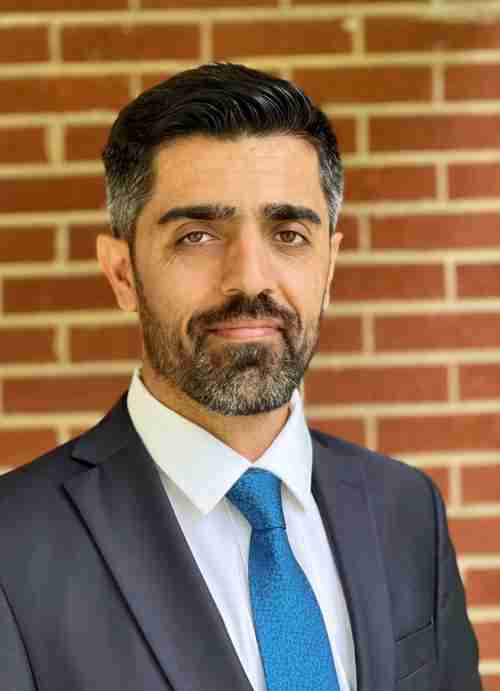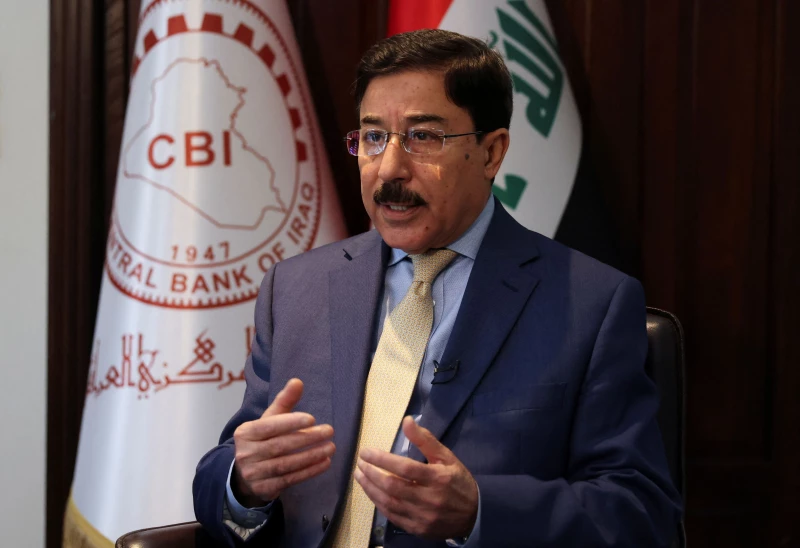In this episode of The New Region’s GeoSpace series, host Mohammed A. Salih and and guest Myles B. Caggins III, a senior non-resident fellow at the New Lines Institute for Strategy and Policy and former spokesperson for the US-led coalition, discussed the withdrawal of the US military in Iraq, as well as Erbil and Baghdad’s oil disputes.
Iraq and the US in September 2024 announced they had reached an agreement to wrap up the US-led coalition’s military presence in the country by “no later than the end of September 2025” and transition to bilateral security partnerships.
Caggins stated that despite the existence of Islamic State (ISIS) remnants in Iraq, “it is the responsibility of the Iraqi security forces and the Peshmerga to continue to apply pressure,” citing “overall successful” recent operations targeting remaining ISIS cells by Iraqi and Kurdish forces which “provided an opportunity for the US to move out of the Anbar Province,” and reduce US troops Baghdad.
“The responsibility of preventing an insurgency like ISIS is squarely on the shoulders of Iraq's federal government,” the retired US Army Colonel added.
When asked about the possibility of a continued US presence in the Kurdistan Region, Caggins said: “There is strong backing from members of the American Congress to continue to fund the presence of US troops in Kurdistan region,” expecting the American forces to “have a multi-year presence,” in the Region.
A series of drone attacks targeted the Kurdistan Region’s energy infrastructure in late June and early July, prompting international oil companies operating in the Region to suspend production. The Kurdistan Regional Government has accused groups within Iraq's state-linked Popular Mobilization Forces (PMF), also known as Hashd al-Shaabi, of being behind the attack.
Caggins, spokesperson for the Association of the Petroleum Industry of Kurdistan (APIKUR), said the attacks “were a sign that these unlawful, these outlaw, Hashid al-Shaabi groups must be controlled. They must be stopped by Baghdad,” noting that “the US also has an interest in this.”
He also highlighted the Iraqi oil ministry’s objective to increase oil exports to six million barrels a day, claiming “in order for Iraq to achieve that goal, there must be oil that is developed and exported from Kurdistan region, and American companies are there to help the whole economy grow.”
Baghdad and Erbil announced in late February that they reached an agreement to resume the Kurdistan Region’s oil exports, but the process has yet to restart, with international oil producers demanding payment surety, transparent implementation of Iraq’s budget law stipulations, and resolution of payments that are in arrears before resuming the work.
“The companies that I represent are always at the table and have, behind the scenes, been working very actively to conclude this issue of exports through the Iraq-Turkey pipeline,” Caggins added.
The halt in Kurdish oil exports through Turkey’s Ceyhan pipeline in recent years has dealt a major blow to Iraq and the Kurdistan Region, with over 30 billion dollars in lost revenue to date.


 Facebook
Facebook
 LinkedIn
LinkedIn
 Telegram
Telegram
 X
X


